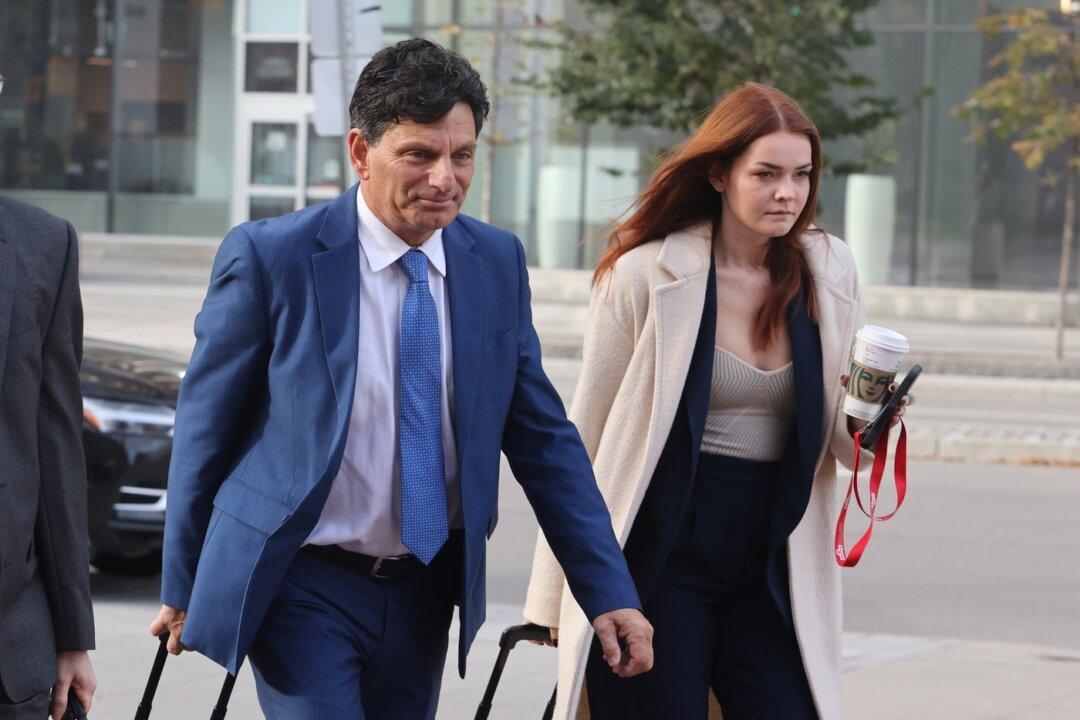The evidence revealed thus far in the trial of the main Freedom Convoy leaders has failed to support the charges laid by the Crown, according to the lawyer of organizer Tamara Lich.
“Tamara Lich and Chris Barber are charged with mischief and other related charges, the idea being that they counselled or encouraged truckers to come to Ottawa, stay in Ottawa, and commit various unlawful acts. But so far, the evidence hasn’t supported that Crown theory at all,” Ottawa-based lawyer Lawrence Greenspon said in an interview with “American Thought Leaders” host and Epoch Times senior editor Jan Jekielek.






